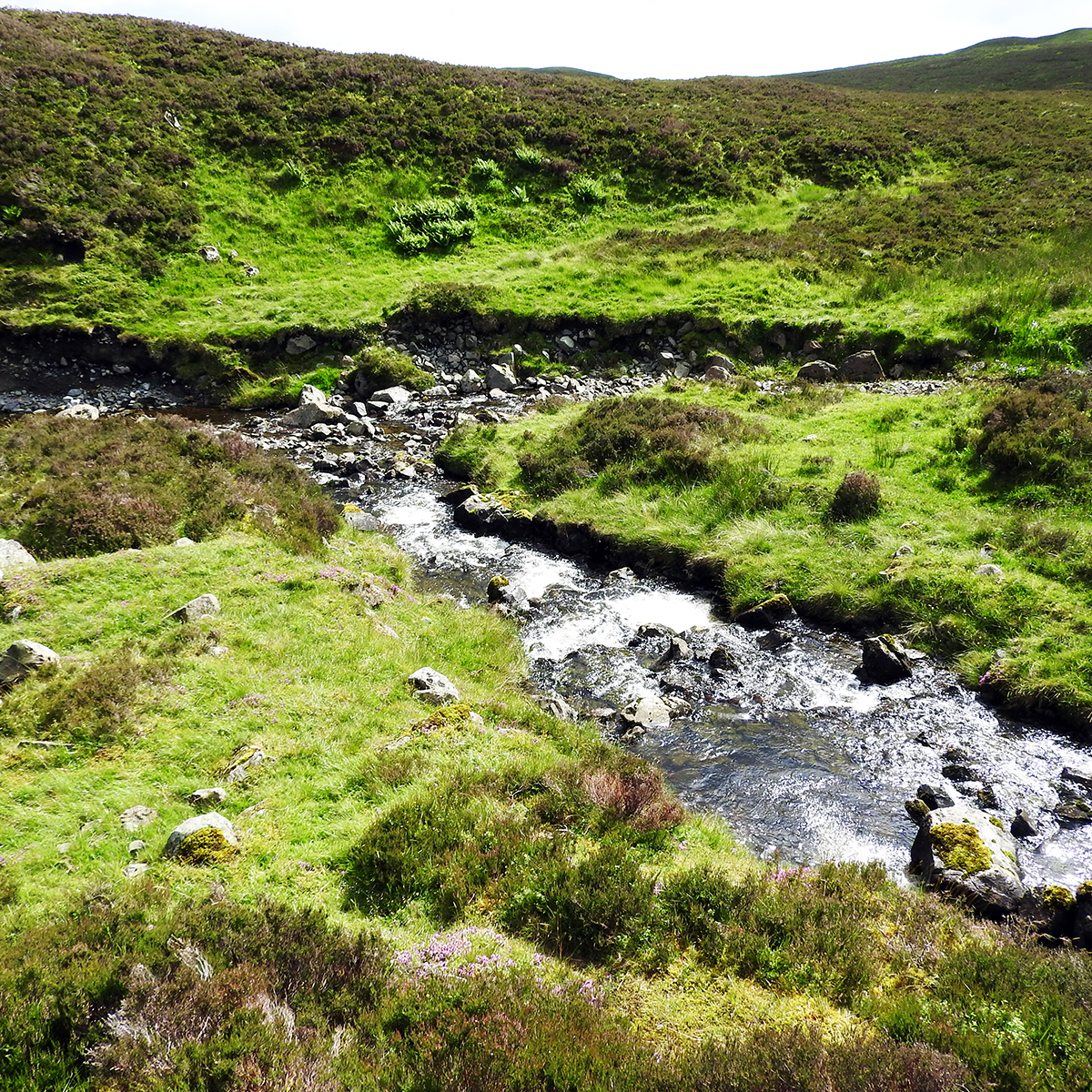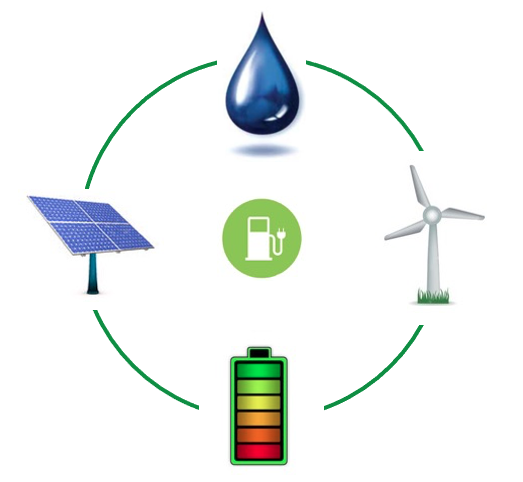
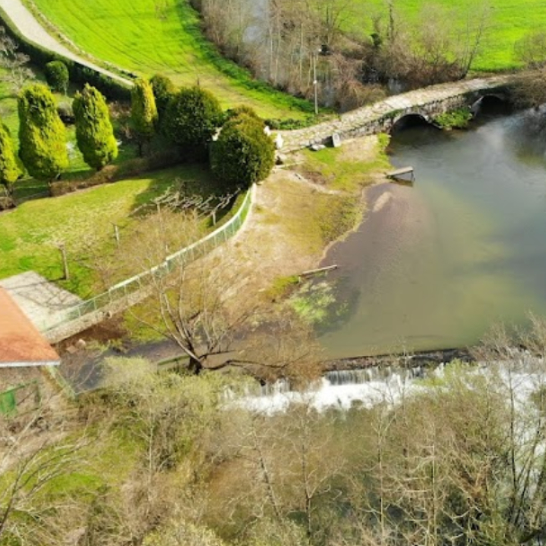
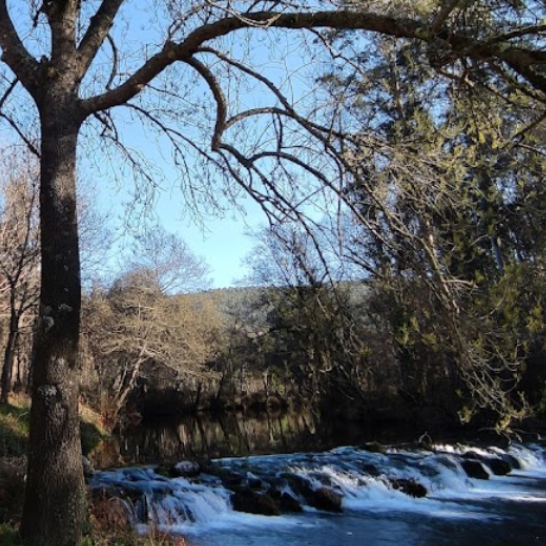
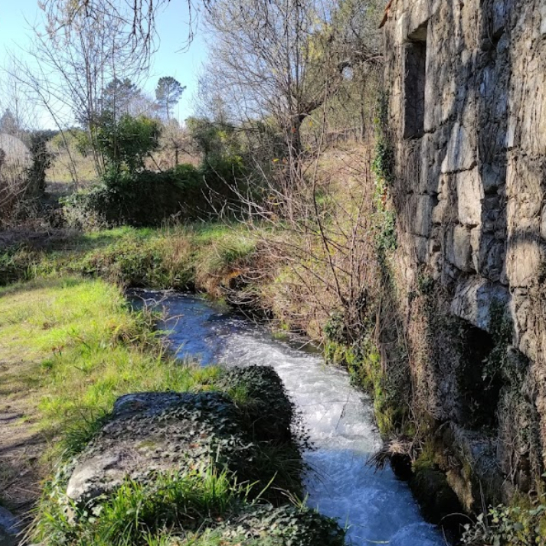
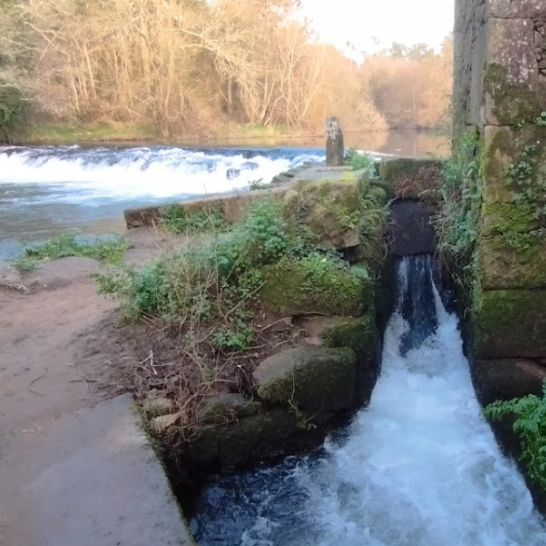
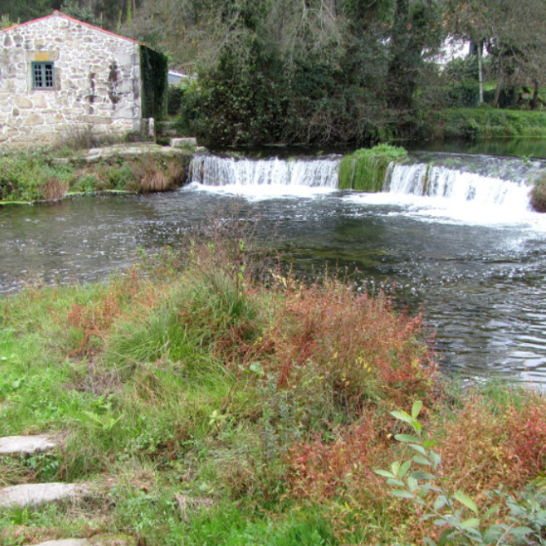

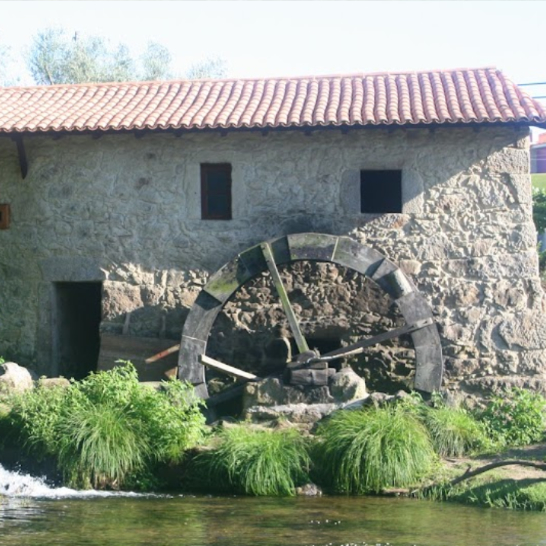
PORTUGAL
ev2o is incorporated in Portugal, a global leader in the development of new renewable technology. Portugal is recognized for its pioneering efforts in ocean hydropower. ev2o will expand this innovation to inland waterways.
Portugal has set ambitious renewable energy targets as part of its National Energy and Climate Plan (NECP) for 2030 and its roadmap to carbon neutrality by 2050. With 80% of electricity production expected to come from renewables by 2030. ev2o offers a unique and requisite contribution to achieve this national target.
ev2o creates decentralised renewable electricity generation. This is encouraged by Decree-Law No. 15/2022 in Portugal, which transposes EU Renewable Energy Directive II (2018/2001) and Electricity Market Directive (2019/944). EU directives mandate member states to enable decentralized energy systems.
Portugal is also blessed with a rich history of hydrologic engineering, stretching back 2,000 years. The country saw the wide-scale adoption of water mills from the Medieval Period until the industrial age. Those hydropower assets fell into disuse and ruin during the 1900s. ev2o will renovate this protected architectural heritage; repurposing the water mills and ancient dams to generate EV charging in the modern age.
ev2o understands and values the restoration of biodiversity and specifically fishways in natural water flows. For 2,000 years many Portuguese rivers have been impassable for aquatic life from the sea. ev2o has a strategy to introduce fish ladders alongside the water mills that it renovates. This will rely on co-ordination with the Portuguese Environment Agency (APA) and local municipalities along rivers. Fish ladders can be constructed with wood and can be installed without damaging historical infrastructure.


